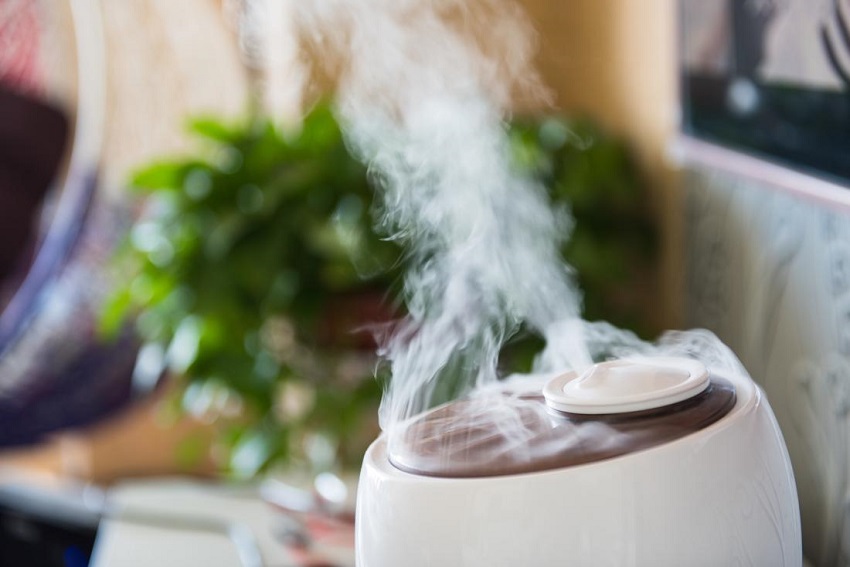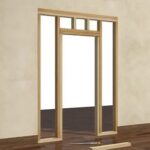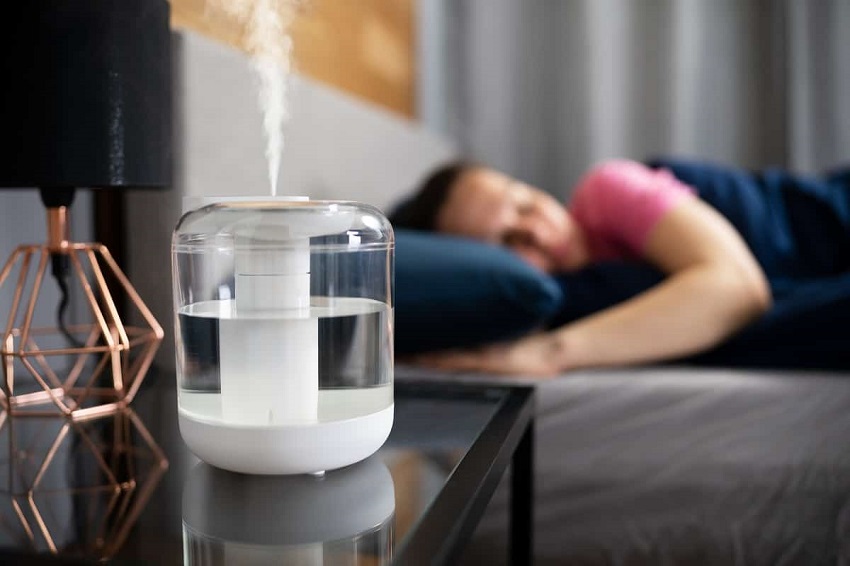Are you someone who struggles with breathing issues at night? Do you often wake up with a dry throat or congested sinuses? If so, you may have considered using a humidifier to improve your sleep and respiratory health. In this article, we will explore the benefits of using a humidifier and discuss how it can help alleviate breathing problems at night. This content is provided by https://celb.org/
The Role of Humidity in Indoor Air Quality
Before we dive into how a humidifier can improve breathing at night, let’s first understand the importance of humidity in maintaining good indoor air quality. The air’s humidity level refers to the amount of moisture present. When the air is too dry, it can lead to various respiratory issues, such as dry throat, irritated sinuses, and congestion. On the other hand, excessive humidity can create a breeding ground for mold and other allergens, impacting your breathing. Explore humidifier for sleep apnea.
How Does a Humidifier Work?
A humidifier is a device that adds moisture to the air in a room or an entire building. It works by emitting cool mist or warm steam, depending on the type of humidifier. The moisture released by a humidifier increases the humidity level in the surrounding environment, which can be particularly beneficial during dry seasons or in regions with low humidity.
Benefits of Using a Humidifier for Breathing at Night
1. Relieves Nasal Congestion
One of the primary benefits of using a humidifier at night is its ability to relieve nasal congestion. Dry air can cause the nasal passages to dry and inflamed, leading to congestion and difficulty breathing. Adding moisture to the air helps a humidifier soothe the nasal passages and reduce congestion, allowing for easier breathing during sleep.
2. Alleviates Dry Throat and Irritated Sinuses
Sleeping in a room with low humidity can result in waking up with a dry throat and irritated sinuses. These discomforts can make it challenging to breathe properly and can disrupt your sleep. A humidifier adds moisture to the air, helping keep your throat and sinuses hydrated and reducing irritation, ultimately promoting better breathing at night.
3. Reduces Snoring
Snoring is often caused by the vibration of tissues in the throat due to restricted airflow. Dry air can exacerbate snoring by drying the nasal passages and throat, leading to increased congestion and airway resistance. A humidifier can help alleviate snoring by moisturizing the airways, reducing congestion, and promoting smoother airflow.
4. Provides Relief for Asthma and Allergy Sufferers
Individuals with asthma or allergies may experience worsened symptoms at night, triggered by dry air and allergens. A humidifier can help create a more favorable environment by adding moisture to the air and reducing the concentration of allergens. This can relieve asthma and allergy sufferers, allowing them to breathe more comfortably while sleeping.
5. Enhances Sleep Quality
When you struggle to breathe properly at night, it can significantly impact the quality of your sleep. A humidifier can create a more comfortable sleeping environment by maintaining optimal humidity. A humidifier can help you achieve a more restful and uninterrupted night’s sleep by improving breathing conditions and reducing discomfort.
Conclusion
In conclusion, a humidifier can help with breathing at night by increasing the moisture content in the air. By relieving nasal congestion, alleviating dry throat and irritated sinuses, reducing snoring, providing relief for asthma and allergy sufferers, and enhancing sleep quality, a humidifier promotes better respiratory health during sleep. However, it is important to note that a humidifier should be used correctly and maintained properly to ensure optimal results.
Frequently Asked Questions
- How do I choose the right humidifier for my needs?
Choosing the right humidifier depends on various factors, such as the size of the room, the humidity levels in your area, and any specific features you may require. It’s best to consider the type of humidifier (cool mist or warm mist), the coverage area it offers, and its maintenance requirements before deciding.
- Can a humidifier help with snoring?
Yes, a humidifier can help reduce snoring by adding moisture to the air, which helps alleviate congestion and keeps the airways lubricated. However, it’s important to identify the underlying causes of snoring and consult a healthcare professional if the problem persists.
- How often should I clean my humidifier?
To ensure the longevity and effectiveness of your humidifier, it is recommended to clean it regularly. Ideally, you should clean the humidifier every three days or as per the manufacturer’s instructions. Regular cleaning prevents the buildup of mold, bacteria, and other impurities.
- Can a humidifier worsen allergies?
No, when used correctly, a humidifier can help alleviate allergy symptoms. It reduces dryness in the air, which can irritate the nasal passages and exacerbate allergies. However, it’s important to clean and maintain the humidifier properly to prevent the growth of mold or bacteria, which can trigger allergies.
- Can I use a humidifier all year round?
The usage of a humidifier depends on the specific needs of your environment. Using a humidifier throughout the year may be beneficial in regions with low humidity levels. However, using a humidifier excessively can create an overly damp environment in areas with high humidity, which may lead to mold growth. Monitoring humidity levels and adjusting the usage accordingly is essential.











